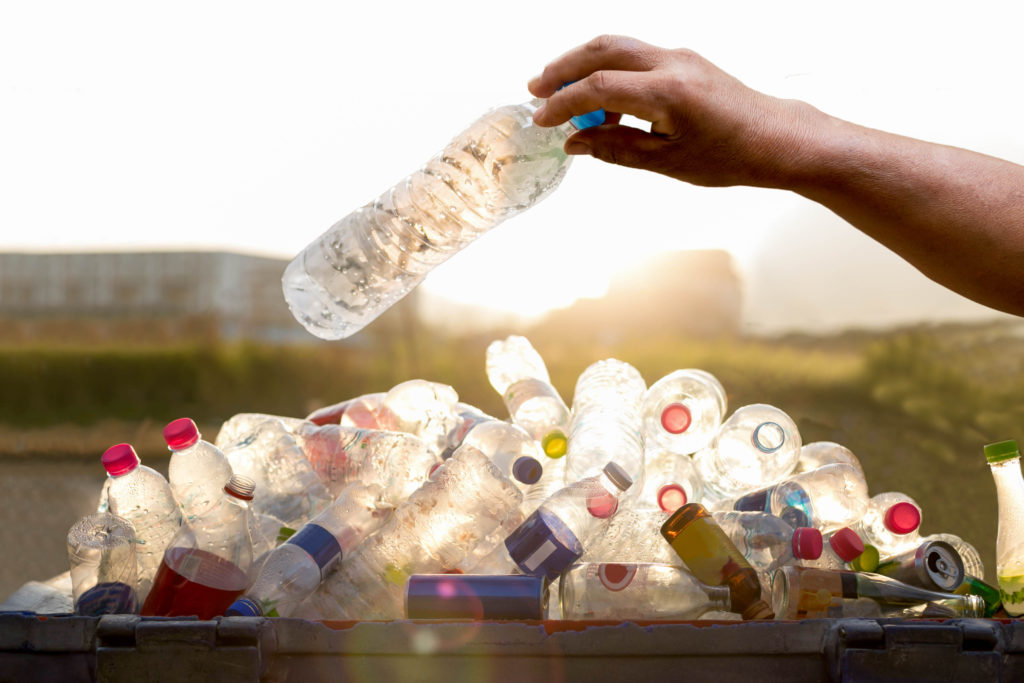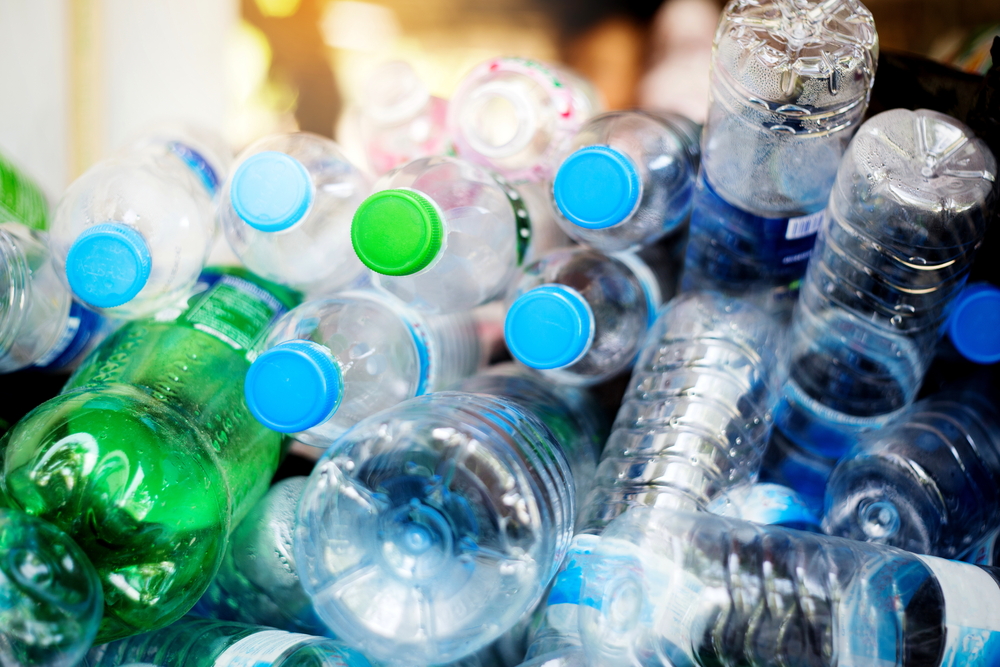We need to figure out what we are going to do with mixed plastics because it's not acceptable to send them to landfill
Liz Goodwin, WRAP
The potential for a new stream of recyclables was highlighted yesterday at WRAP's conference on mixed plastics held in Marble Arch, London. The event set out to discuss how the one million tonnes of mixed plastics – defined as all polymers except bottles – entering the residual waste stream each year could be recycled.
WRAP – the Waste and Resources Action Programme – is presently undertaking technology trials and carrying out research into collection, reprocessing, and end markets. It is also investigating incineration, chemical treatment and converting the plastics into diesel.
WRAP chief executive, Liz Goodwin, said there was a demand from retailers and the public to recycle mixed plastics, as well as an environmental need.
She added: “We need to figure out what we are going to do with mixed plastics because it's not acceptable to send them to landfill.”
Some councils such as St Edmundsbury borough council are all already collecting mixed plastics which are exported to China. However, some issues raised by local authorities and waste management companies speaking at the event included undeveloped end-markets in the UK, contamination of other recyclables and costs to implement collections.
Local authorities
Alison Butler, waste policy manager of Vale Royal borough council in Cheshire, said not only was there was a lack of suitable local facilities in the council's area to sort the material, there were also insufficient end-markets in the UK.
She explained: “Our biggest concern is what happens to the material after it has been collected. There is a lack of UK markets so we are unsure where the material will go. We need evidence the material has been recycled and at the moment there is a political unwillingness to export and there is strong support for our local market.”
Ms Butler, who is also policy manager for the umbrella group for UK recycling officers, the Local Authority Recycling Advisory Committee, said that if kerbside collections were introduced to collect the material, then possible contamination of other material such as paper would have to be considered.
She added that councils would also have to review the capacity of existing kerbside boxes to decide if it would be enough to cope with extra material. They would also have to look at the costs of such schemes.
Funding was a concern put forward by the Local Government Association's Alice Roberts, who asked WRAP if the collections would be funded through producer responsibility, charging schemes for householders or from the Council Tax scheme.
Dr Goodwin said that “throwing money at the problem was not necessarily the solution” and that other options such as looking at how sorting technology could be used effectively could be considered.
MRFs
When it came to waste management companies, it was suggested materials recycling facilities (MRFs) would have to have a rethink of operations if deciding to process the material.
Veolia Environmental Services, which runs a MRF in Rainham, Essex, that accepts plastic bottles and bags outlined a number of key considerations for sorting facilities. Lorraine Graham, the company's sales and marketing manager for recycling, said that technology configuration, contamination of other materials and capital costs were all key factors for operators.
Ms Graham said MRF equipment tends to operate along “rolling and heavy” or “flat and light” principles which means it is geared towards sorting paper and containers. However, plastic bags do not fit into either category so equipment such as conveyor belts may have to be reconfigured to accommodate them.
She explained: “Supermarket carrier bags are a nightmare. They are light and fluffy and they get everywhere. You need lots of manual sorting to get them out even though they are a low value, low weight material. They don't flow like containers or roll like paper so sorting technology needs to be revaluated.”
Ms Graham added that it could be difficult to get the right configuration in MRFs to remove mixed plastics effectively, which could mean a move towards manual picking. She added that pickers would need training and time to pick the polymers out effectively, adding to costs.
The problem of food contaminants from plastic film and packaging was also a concern, especially Ms Graham explained if “it flows into the paper grade as any contamination has an impact on revenue and recovery rates.”
She also pointed out that processing extra materials would require more storage space for materials awaiting transfer to various reprocessors and markets. This could add to capital costs as more land may be required.










Subscribe for free